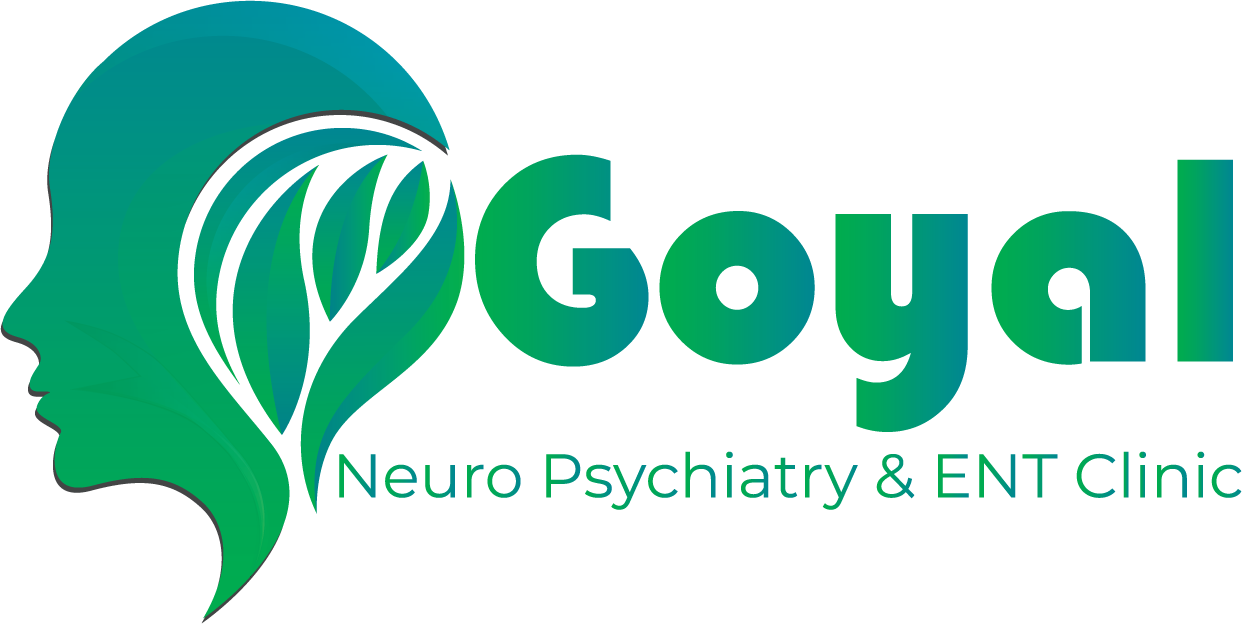What is neuropsychiatry?
What is neuropsychiatry? - Neuropsychiatry vs. psychiatry
Neuropsychiatry, as the term suggests, is a branch of medicine that considers both the fields of psychiatry and neurology. The objective of neuropsychiatry is to study and treat the cognitive and behavioural symptoms of patients suffering from neurological disorders.
Neuropsychiatry is also commonly termed organic psychiatry, and it is an ever-evolving field of a medical study. It touches on and focuses on psychosocial factors to recognise and better understand a patient’s ailments.
Neuropsychiatry is the middle zone between psychiatry and neurology. Neurology and psychiatry are fields that detect and treat particular symptoms; thus, neuropsychiatrists treat both physical and mental indicators that fall into that “middle zone”.
Neurology chiefly focuses on the motor and sensory functions, and psychiatry deals with human mood, thought, behaviour, and affect. Neuropsychiatry, on the other hand, takes human perception, memory, alertness and attention, language and speech, intelligence, cognition, and motivation (apathy) into consideration.
However, people have been widely bemused by their uncertainty about the difference between neuropsychiatry vs. psychiatry.
Let’s understand...
Neuropsychiatry vs. Psychiatry –
What is neuropsychiatry?
Neuropsychiatry is a branch of psychiatry concerned with studying and treating psychiatric or behavioural disorders that occur in patients with neurological conditions.
Neuropsychiatrists conduct several neurological investigations and perform psychometric studies and other additional analyses to evaluate disorders such as cerebrovascular accidents, head injuries, Schizophrenia, Dementia, Parkinson’s, etc.
What is psychiatry?
Psychiatry is a branch of medicine devoted to diagnosing, preventing, and treating mental, emotional and behavioural disorders. The psychiatry wing focuses on and includes various mood, behaviour, cognition, and perceptions dysfunctions.
A psychiatrist examines patients to evaluate their mental and behavioural symptoms, then determines the best course of treatment, such as counselling, behavioural therapy and psychiatric medication, to resolve those issues.
What does a Neuropsychiatrist do?
A neuropsychiatrist reasonably does what a psychiatrist does, i.e. from patient assessments to diagnosis, treatment, prescription, and referrals. Whereas a neuropsychiatrist goes above and beyond trying to identify and treat symptoms that may not fall into regular categories of neurology and psychiatry
In other words, a psychiatrist is a mental health therapist who ascertains how the external world affects your behaviour and personality. A neuropsychiatrist looks “within” and examines your neurological networks and the brain’s chemical makeup to identify complications if any.
What are Neuropsychiatric Disorders?
Whenever any phenomenon takes its toll on your behaviour, mood, thoughts, and overall personality, it falls under the ever-expanding field of neuropsychiatry and is known as a neuropsychiatrist disorder.
ADHD is a common medical condition, a neurology-related mental health disorder observed in children. Conditions such as ADHD, conduct disorder and anger issues are often referred to as neuropsychiatric disorders.
An acquired brain injury or ABI, both traumatic and non-traumatic, can lead to some mental issues. A neuropsychiatrist treats a patient suffering from an ABI's after-effects, both short-term and long-term.
For instance, a patient with epilepsy could have psychosis, or a patient with dementia could eventually have depression.
Neuropsychiatry permits making medical correlations that provide patients with a particular treatment for their conditions. Besides the above-mentioned neuropsychiatric disorders, neuropsychiatry also helps resolve several medical conditions, termed the "middle zone".
The conditions are as follows –
- One can visit a neuropsychiatrist when diagnosed with any illness without any known cause or a functional neurological disorder.
- If one has not yet received any desired results for depression and states of manic euphoria even after having counselling and psychotherapy, he can visit a neuropsychiatrist.
- A neuropsychiatrist can help with paranoia resulting from a lack of sleep, thus wreaking havoc and exhausting him physically and mentally. On such an occasion, a neuropsychiatrist can train the mind to teach better sleeping habits and prescribe effective medications to aid sleep.
- Organic psychiatry aims to go beyond neurology and psychiatry, i.e. therapy counselling. It deals with conditions that arise from brain damage or other neuropsychiatric ailments.
- Patients with a history of counselling and psychotherapy often agree to try new ways to improve; in such cases, organic psychiatry could be helpful.
Which disorders can neuropsychiatry treat?
Neuropsychiatry mainly focuses on mental disorders of patients bearing damage to the nervous system. Such neuropsychiatrist disorders include Alzheimer's, Parkinson's, cerebral palsy and other acquired brain injuries or ABI.
What are the subspecialties of neuropsychiatry?
As the evaluation and interpretation of the brain, its illnesses and disorders are pretty complicated, and hence neuropsychiatrists combine psychiatry and neurology. Neuropsychiatry also needs the input of psychologists and radiologists.
When should I visit a neuropsychiatrist?
Supposing that you are diagnosed with a nervous disorder, you can visit a neuropsychologist to monitor your disease and the effectiveness and other side effects of medication.
You can also visit a neuropsychiatrist to perform cognitive boosting activities or therapy. Some sessions might also include or involve your relatives or other people.
What are the possible complications and risks of visiting neuropsychiatrists?
A neuropsychiatry consultation is a non-invasive procedure; however, it may be exhaustive depending on the number of tests performed or the hours required to evaluate. Such situations may be quite tricky for some patients. It may affect the results, especially when the patient becomes disturbed, stressed or tired during the entire process.

